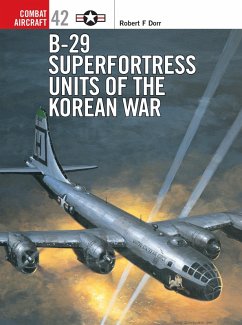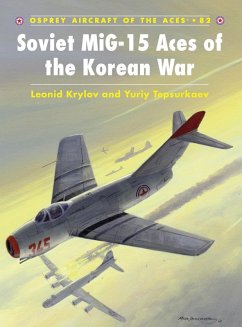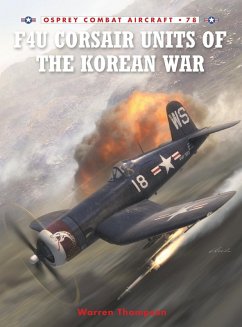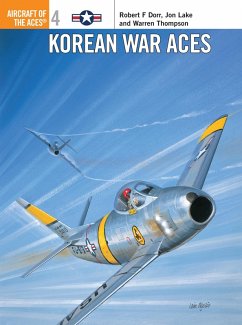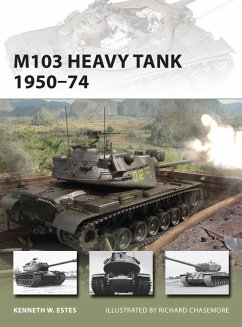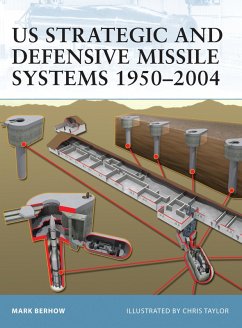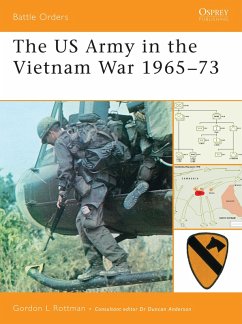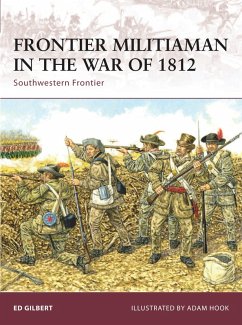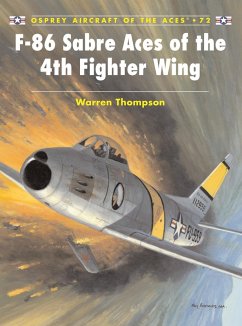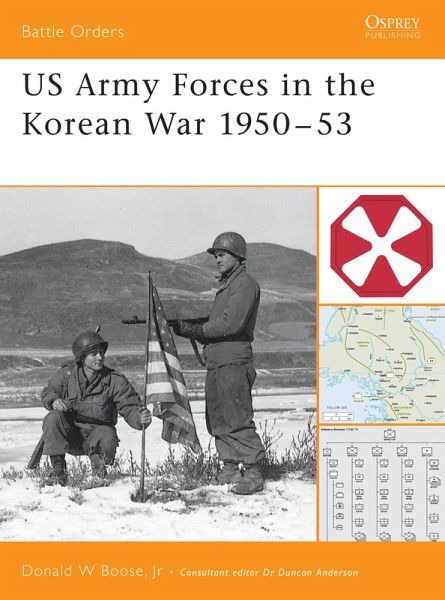
US Army Forces in the Korean War 1950-53 (eBook, PDF)
Versandkostenfrei!
Sofort per Download lieferbar
12,95 €
inkl. MwSt.
Weitere Ausgaben:

PAYBACK Punkte
6 °P sammeln!
When North Korea attacked the South on June 25, 1950, United States forces in East Asia were under the command of General Douglas MacArthur, whose largest ground force was Eighth US Army. This army fought a tenacious defense of South Korea, counterattacked north to the Yalu River with the separate X Corps, before falling back in the face of massive Chinese intervention, conducted a war of movement, and settled into a bloody two-year long period of static warfare. This title examines the combat mission, organization, and evolution of the Eighth US Army in Korea and its 300,000 US ground forces ...
When North Korea attacked the South on June 25, 1950, United States forces in East Asia were under the command of General Douglas MacArthur, whose largest ground force was Eighth US Army. This army fought a tenacious defense of South Korea, counterattacked north to the Yalu River with the separate X Corps, before falling back in the face of massive Chinese intervention, conducted a war of movement, and settled into a bloody two-year long period of static warfare. This title examines the combat mission, organization, and evolution of the Eighth US Army in Korea and its 300,000 US ground forces through highly detailed orders of battle, tables of organization and equipment, and examinations of crucial aspects such as doctrine, training, and tactics.




